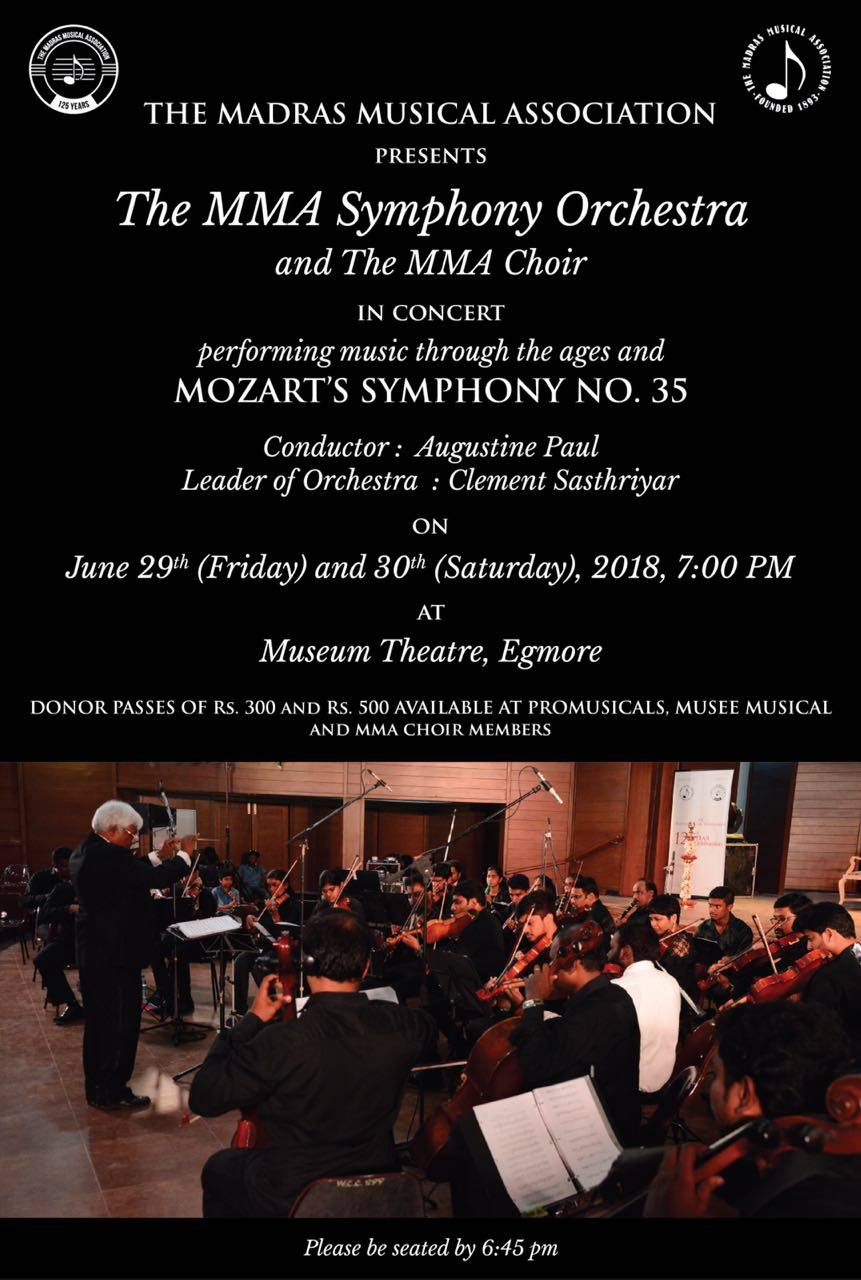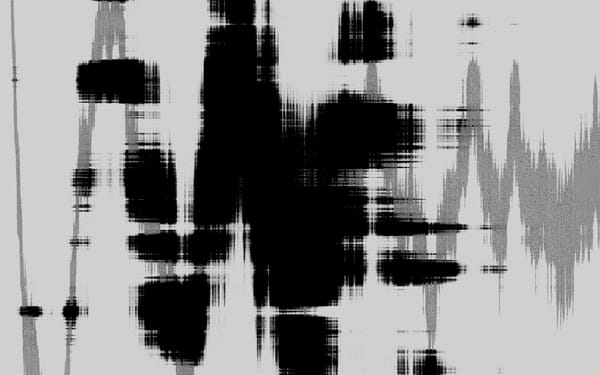125 years of the Madras Musical Association: an interview with its director, Augustine Paul
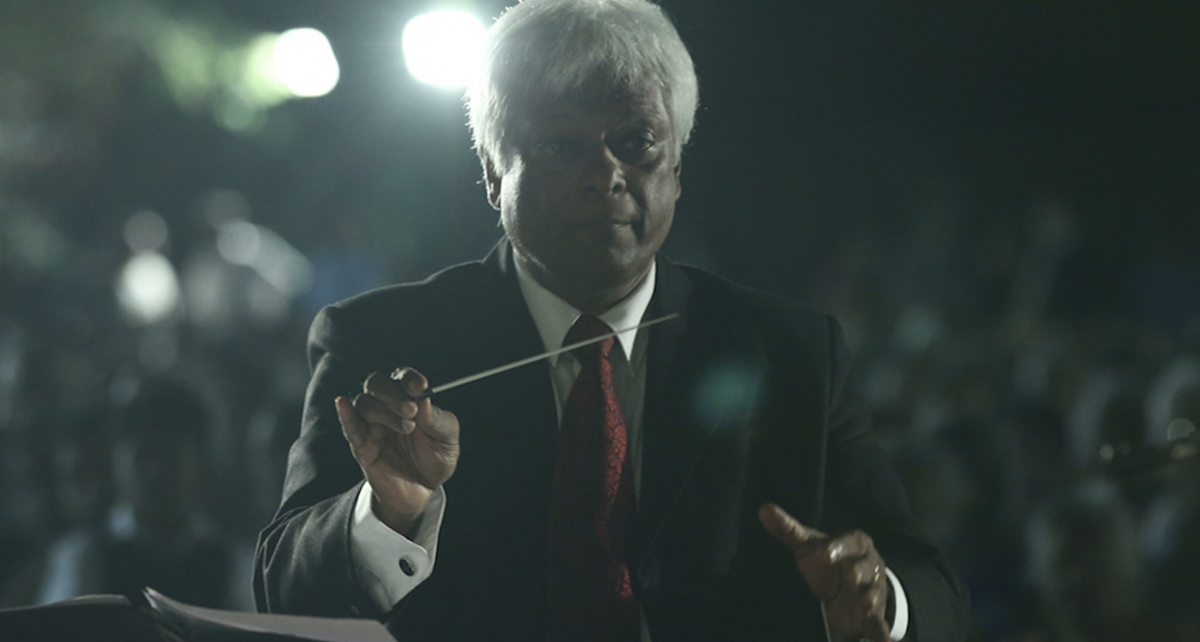
The Madras Musical Association (MMA) was founded in 1893 in Chennai (formerly Madras) at St Andrew’s Church in Egmore and celebrates its 125th anniversary in 2018. The MMA initially comprised an all-European group of musicians and was set up to perform Western choral and classical music. With the onset of World War 2, the MMA accepted its first Indian member, Handel Manuel, who joined the choir in 1939 and subsequently became its conductor in 1945, leading the choir for four decades. He was succeeded by various conductors including Dr. Kalyan Subramaniam in 1984 and Dr Grubb in 1989. In 2008, Augustine Paul became the MMA’s director and has led the choir since then. The MMA has gone from strength to strength since its establishment, boasting choir of over 90 members, its own orchestra, and performing regularly in India’s major cities as well as internationally.
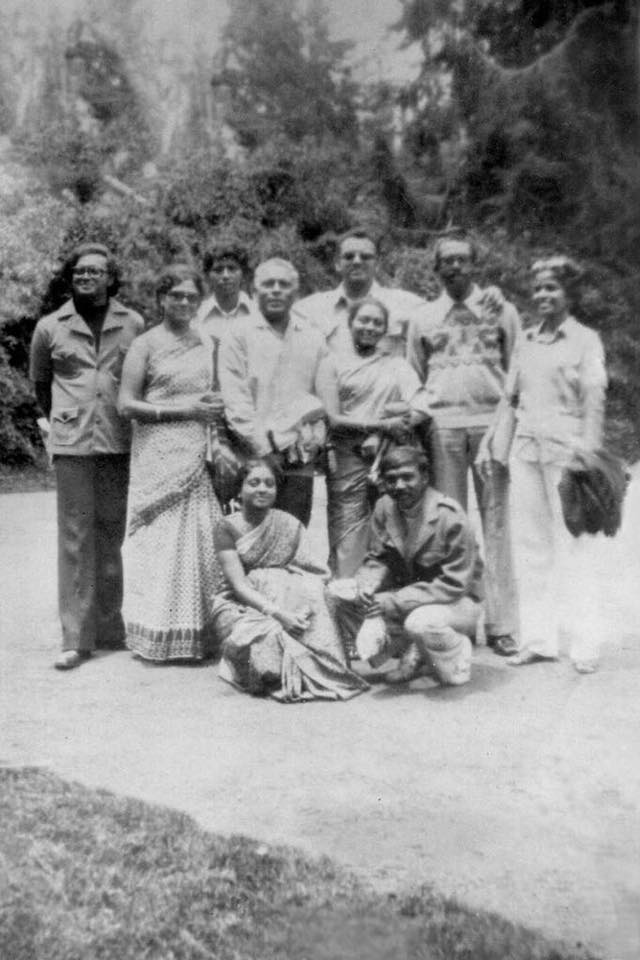
Throughout its long history, the MMA has been witness to many changes in Chennai and India more broadly. In this interview, Augustine Paul shares his enthusiasm for singing with and directing the MMA, and talks about some of the changes the MMA has undergone over the years.
Rupert Avis: How did you become involved with the Madras Musical Association?
Augustine Paul: My association with the Madras Musical Association began 34 years ago, if I remember right. I came to Madras (now Chennai) in 1979 with an M. A. in English and in pursuit of a career in sports. Though I had a fair amount of music during my student days, I could never have dreamt that I would end up with a music career 20 years down the line! I had continued my musical involvement with the Emmanuel Methodist Church Choir in Chennai thanks to the then conductor Dr. Kalyan Subramaniam. I joined the Madras Musical Association in 1984 and sang tenor, served as the librarian, Associate Director, before taking over from Dr. Grubb – the former conductor – in 2008.
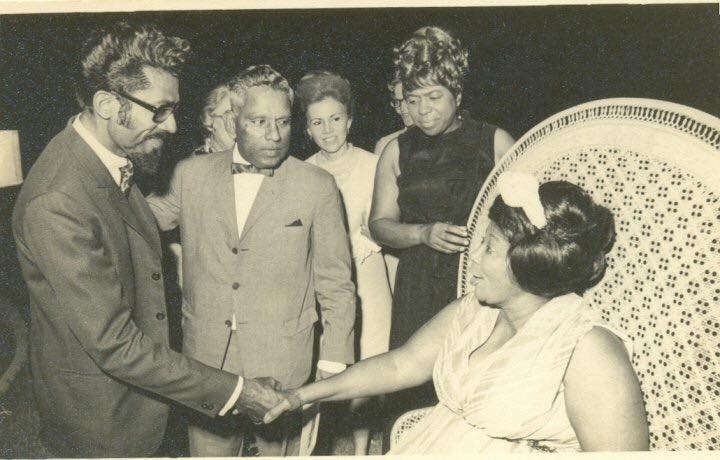
RA: How has the choir changed over the years?
AP: Things that haven’t changed over the last 3 decades are in terms of rehearsal once a week (on Mondays) and using piano for accompaniment. We have talented pianists whose sight-reading is excellent, so we are able to take difficult pieces and go through the music together as a choir. Concerts are performed with fewer rehearsals than before. Hence more shows happen in a year and overseas concert trips come about once in 2-3 years.
The number of singers has more than doubled. Now the choir is 90 to 100 strong and we have a mix of ages ranging from 18 to 70. Due to the presence of many young voices the average age of the choir is around 30, and singers stay with us for a longer period. The large number has its advantages and disadvantages. We are unable to perform in small-size venues anymore. However, as a large choir we are able to tackle any repertoire and we have a wealth of soloists. I strongly believe in using the talent within the choir for solos – they double up as soloist and chorister. Organizing scores and logistics is an issue, which is very efficiently taken care of by the Executive committee.
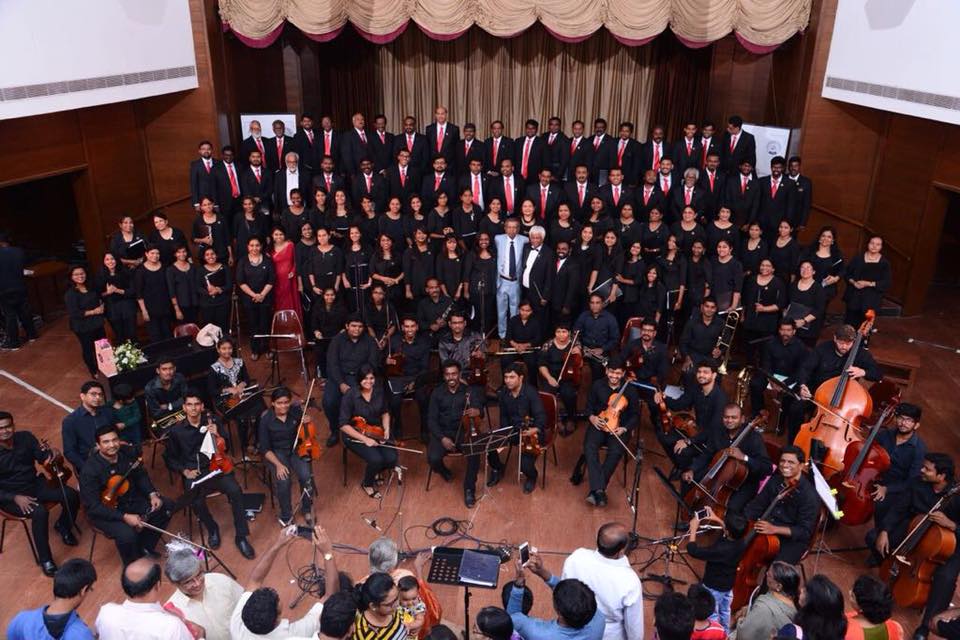
RA: What is it like to be involved with Western classical music in Chennai, and how does the Madras Musical Association contribute to the musical life of the city?
AP: Chennai is a Western classical music center in India, for sure. In Delhi and Mumbai there are a number of concerts by visiting artists and choirs from abroad. But in Chennai and other cities like Bangalore, there are more concerts by local talent than by visiting ones. The Madras Musical Association performs at regular intervals and 75% of the shows are classically oriented. We collaborate with visiting choirs and orchestras. We perform concerts in smaller towns too to encourage and inspire the musicians there, who are pursuing classical music. We manage to fund concerts through ticket sales, because sponsorship for classical music is not easily forthcoming. With sound individual training and strong choral foundation, many of the members of MMA are seen performing in various gigs in the city as individuals.
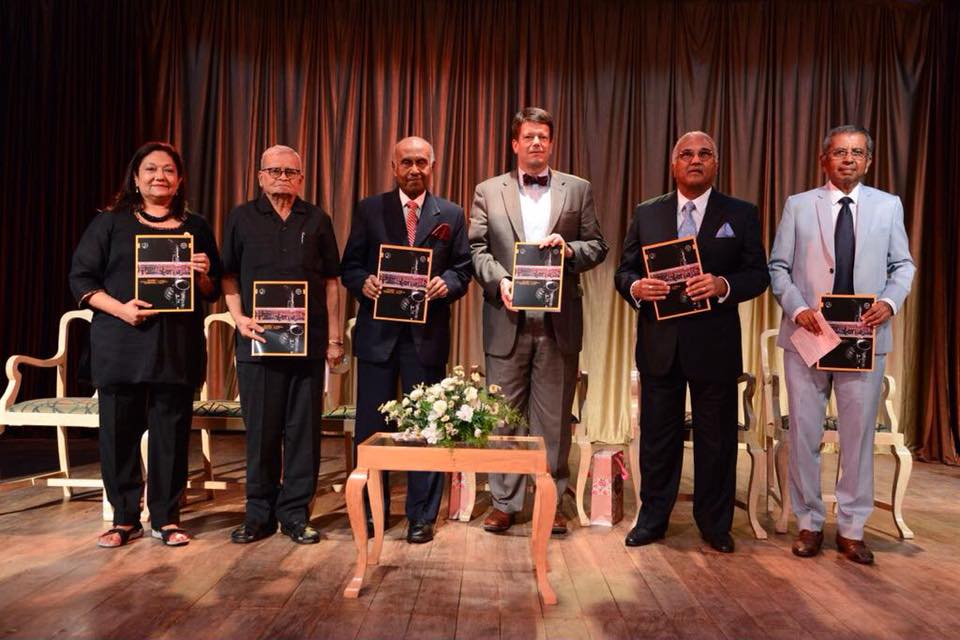
RA: It is the Madras Musical Association’s 125th anniversary this year, how is this anniversary being celebrated?
AP: We had a curtain raiser-cum-concert on the 23rd of February. After the felicitations by dignitaries, the choir and the orchestra of the Madras Musical Association performed a mini-concert – standard classical pieces. On the 6th of April, we presented six highly talented youngsters in a concert at the famous Museum Theatre in Egmore, Chennai. This was a big hit as prodigiously talented school kids played and sang like pros.
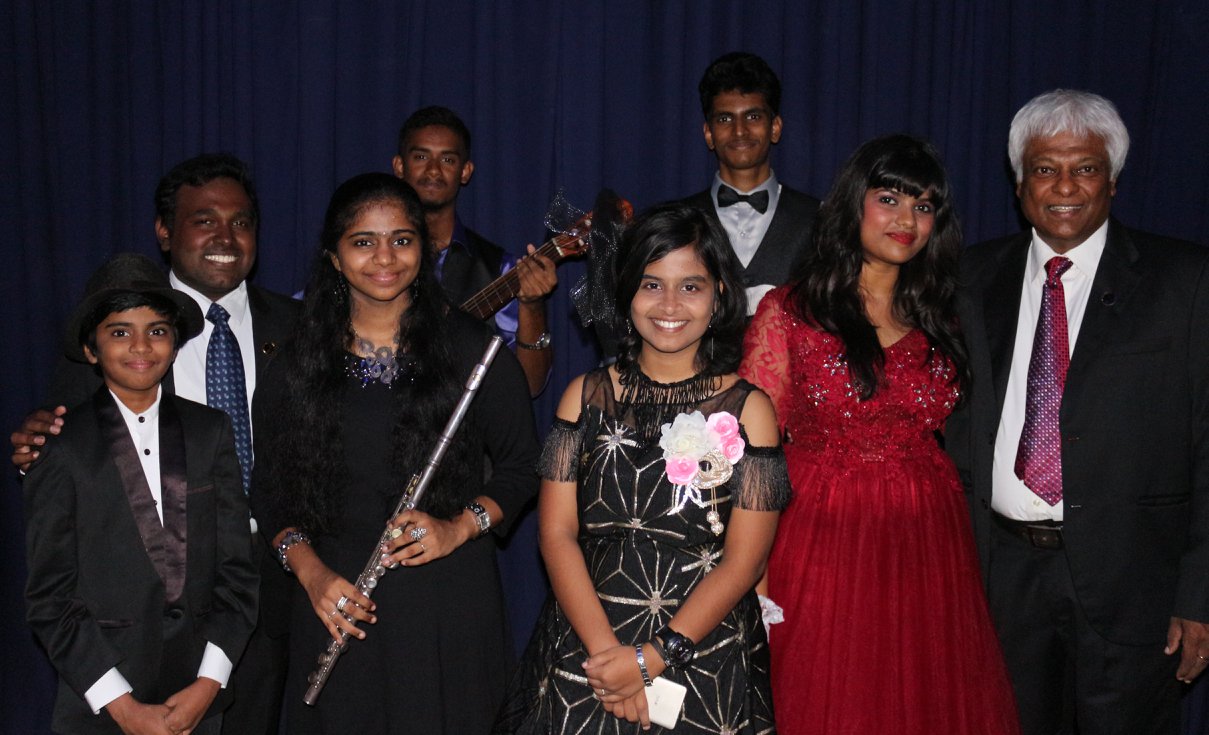
RA: What are the most memorable experiences of the Madras Musical Association?
AP: My first concert abroad was in 1998 in Coventry, UK, and was one of the most memorable. It happened at the famous Coventry Cathedral and Sir. David Willcocks was the principal conductor. We performed many pieces including a selection of Handel’s anthems.
It was thrilling to do a show in Chennai, with one or two rehearsals only, when we collaborated with visiting orchestras and choirs from Europe and the USA. Another memorable experience was the first big work I conducted in 2009 – Handel’s Israel in Egypt, a two-choir oratorio. We split the choir into two – 40 members in each section – and invited the Madras Chamber Orchestra to accompany us. Now we have our own orchestra – the Madras Musical Association Orchestra – which has evolved into a symphony orchestra with amateur musicians and students. Recently we performed Handel’s Judas Maccabeus and Mozart’s Requiem Mass with our Choir and Orchestra.
We are planning more concerts in the future, one of which is a performance of Mozart’s Symphony no. 35 in its entirety, which will be a first of its kind in Chennai!
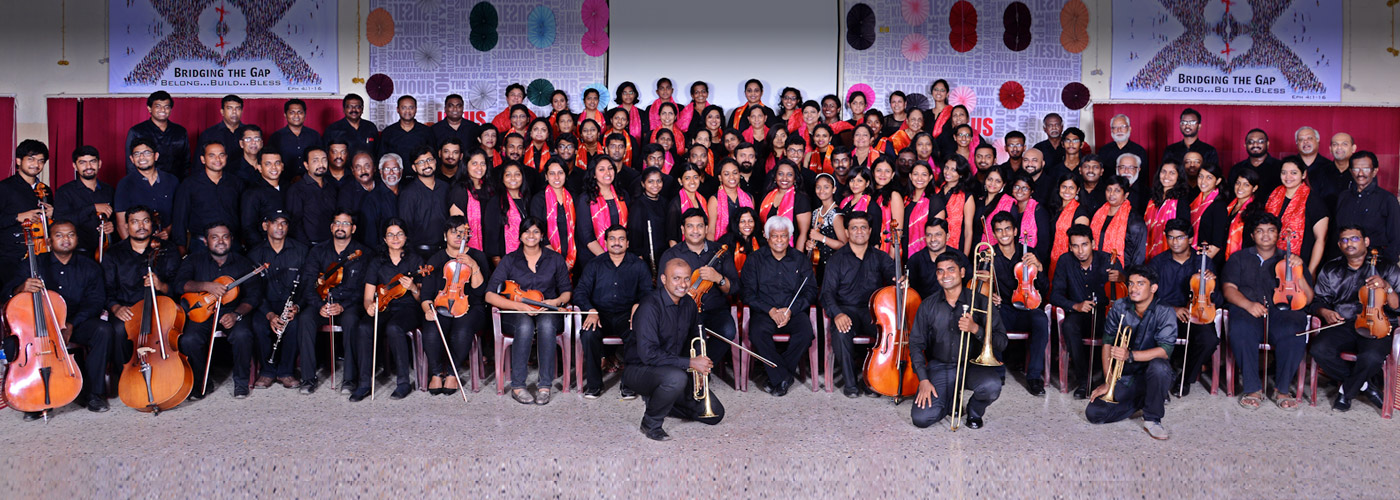
RA: What are the Madras Musical Association’s future plans?
AP: Every 2nd and 4th Sunday we host Sunday Recitals, where aspiring artists are welcome to perform classical music.
On the 29th and 30th of June we are performing concerts with our Symphony Orchestra and Choir dedicating more time to instrumental music. The highlight will be Mozart’s Symphony No. 35 – “Haffner”. In October we’ll be doing a gala concert that will be a grand finale to the celebrations.
It is clear from Augustine Paul’s insights that the Madras Musical Association continues to play a vital role in promoting Western classical music in Chennai and beyond. The Madras Musical Association Orchestra will be performing on 29th and 30th of June at the Museum Theatre, Egmore – an event not to be missed!
The MMA’s history is being documented by Mary Rodrigues, president of the MMA, and will be available on the internet in the near future.
